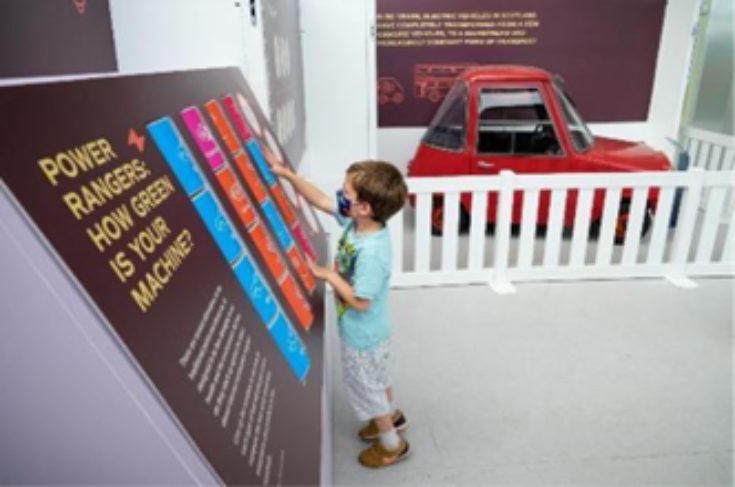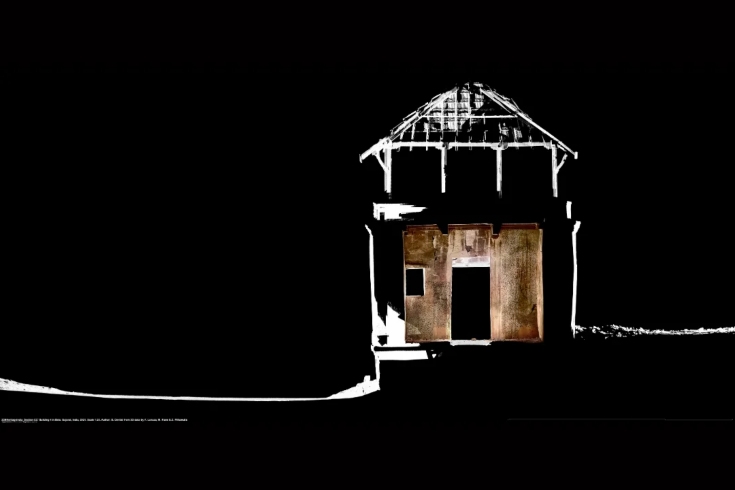Cultural heritage is a powerful, often overlooked asset in the fight against climate change. It connects people to place, identity and history, making climate action more relatable, inclusive and locally grounded. By drawing on traditional knowledge, trusted institutions, and community stories, heritage helps build resilience, inform policy and inspire sustainable futures.
Climate change is not only an environmental issue; it’s a cultural one. As rising seas, wildfire and extreme weather events reshape our landscapes, they also threaten the places, practices and stories that connect us to our past and help us navigate the future.
Cultural heritage, from historic buildings and archaeological sites to oral traditions and local knowledge, offers vital tools for climate adaptation. It helps communities make sense of change, build resilience and shape sustainable futures rooted in identity and belonging.
Since 2020, AHRC has invested in collaborative research programmes that explore how cultural heritage can contribute to climate resilience. These projects demonstrate how heritage can inform environmental policy, empower communities, and support sustainable development locally and globally.
Reimagining Museums for Climate Action

A child interacting with Reimagining Museums for Climate Action exhibition. Credit: Courtesy Glasgow Science Centre, taken by Stuart Wallace
One flagship initiative, Reimagining Museums for Climate Action, led by Professor Rodney Harrison at UCL, challenged museums to rethink their role in the climate crisis. The project launched a global design competition that drew over 250 entries from 48 countries.
Eight winning ideas were exhibited at Glasgow Science Centre during COP26, attracting 90,000 visitors. They sparked international dialogue on the future of museums as agents of climate awareness and action on topics such as supporting communities in addressing climate challenges and the integration of climate-friendly technologies and habits.
To support practical change, the project developed the Mobilising Museums for Climate Action Toolkit helping institutions set sustainability goals and align with global frameworks like the 2015 Paris Agreement.
The toolkit has reached over 600 museum professionals worldwide, including the International Council of Museums and cultural organisations in Latvia, where it supported disaster planning in the context of COVID-19 and climate change.
Building on this success, the team expanded their work to China’s Guangxi region, helping museum leaders understand effective climate action and develop policy for sustainable development. This engagement with one of the world’s largest carbon emitters highlights the global relevance of cultural heritage in climate planning and diplomacy.
Supporting communities in developing countries

Section of a building in Bela, Gujarat, India. Credit: Dr Bernadette Devilat, University of Nottingham
In partnership with the Department for Culture, Media and Sport, AHRC has also invested over £2 million in projects across 16 developing countries. These initiatives show how heritage can help communities respond to environmental disasters and build resilience through locally grounded, culturally meaningful approaches.
In South Africa, CRITICAL Food supported the community of Elandskloof with a heritage-based garden and food storytelling to strengthen and empower climate resilience and food independence.
In India, 3D for Heritage used digital tools and community surveys to help rebuild earthquake-prone heritage sites in Gujarat, preserving cultural identity while improving safety and sustainability.
Europe and beyond

Coastal Fishing, Coastal TALES. Credit: Professor Louise Steel, University of Wales Trinity Saint David
AHRC and UK Research and Innovation are also supporting UK researchers working with partners across Europe and beyond. Coastal TALEs, part of the UNESCO-MOST BRIDGES coalition, is connecting communities in Alaska, Ireland and Wales to explore how local heritage stories can inspire climate action in education and policy.
Meanwhile, FIRECULT is investigating the impact of wildfires on cultural heritage and develops strategies for wildfire resilience, an increasingly urgent issue across Europe and the Global South.
Looking ahead, AHRC is co-developing plans for a Resilient Cultural Heritage Partnership with UK and European collaborators. This 10-year programme will fund new research, offer training opportunities, and support policy development, putting people and culture at the heart of climate discussions.

